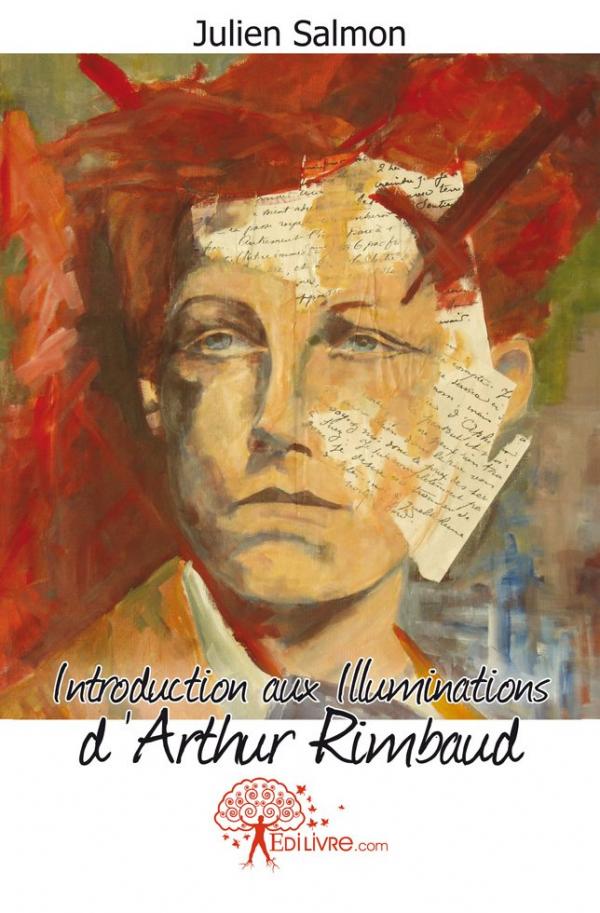
Cititorul e lăsat să aleagă semnificația care-i convine. În plus, Rimbaud frînge legătura venerabilă dintre poezie și înțeles. Rimbaud face, așadar, saltul între genuri și propune ceea ce criticii literari au numit „poeme în proză”. Poezia însemna ritm și rimă, o rostire muzicală. Firește, înaintea lui, nu mai scrisese nimeni în acest chip. Cu siguranță, Arthur Rimbaud nu se gîndea la becuri și fire de telegraf. Iluminațiile trimit la electricitate și nu au nici un sens în textul publicat de autor. As a poet, Rimbaud is well known for his contributions to symbolism and, among other works, for A Season in Hell, a precursor to modernist literature.Įra mai bine dacă Mihai Nemeș traducea titlul prin Iluminări. After his retirement as a writer, he traveled extensively on three continents as a merchant and explorer until his death from cancer. After assembling his last major work, Illuminations, Rimbaud completely stopped writing literature at age 20 years in 1874.Ī hectic, violent romantic relationship, which lasted nearly two years at times, with fellow poet Paul Verlaine engaged Rimbaud, a libertine, restless soul. During his late adolescence and early adulthood, he produced the bulk of his literary output. He started writing at a very young age and excelled as a student but abandoned his formal education in his teenage years to run away to Paris amidst the Franco-Prussian war. With known transgressive themes, he influenced modern literature and arts, prefiguring. Hallucinatory work of French poet Jean Nicolas Arthur Rimbaud strongly influenced the surrealists.

If we are absolutely modern―and we are―it's because Rimbaud commanded us to be."Īshbery's idiomatic and lyrical translations of these forty-four texts convey the originality of Rimbaud's vision to English-speaking readers of a new century. "Absolute modernity" was for Rimbaud "acknowledging the simultaneity of all of life, the condition that nourishes poetry at every second. Auden recognized the strong affinities between Ashbery's poetry and Rimbaud's Illuminations in his 1956 introduction to Ashbery's first book, Some Trees, noting that "the imaginative life of the human individual stubbornly continues to live by the old magical notions." And it is here, in the "crystalline jumble" and "disordered collection of magic lantern slides" of Illuminations, as Ashbery writes in the Preface, that we can rediscover this essential lineage. In Ashbery's translation of this notoriously elusive text, the acclaimed poet and translator lends his inimitable voice to a venerated classic. Hallucinatory and feverishly hermetic, it is an acknowledged masterpiece of world literature, still unrivaled for its haunting blend of sensuous detail and otherworldly astonishment. "If we are absolutely modern-and we are-it's because Rimbaud commanded us to be."-John Ashbery, from the prefaceįirst published in 1886, Arthur Rimbaud's Illuminations―the work of a poet who had abandoned poetry before the age of twenty-one―changed the language of poetry.


 0 kommentar(er)
0 kommentar(er)
